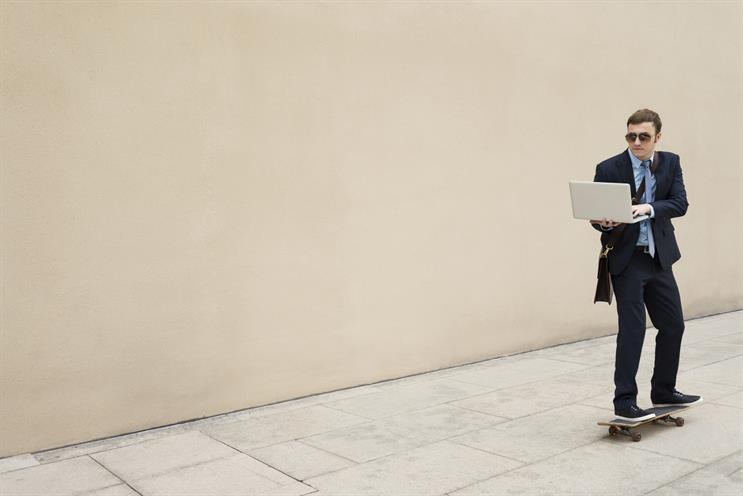
Everything’s become so professional, everyone knows how it’s meant to be done and as a result everything ends up looking the same
Some time ago, I saw an interview with Martin Scorcese. He was reflecting on the making of Mean Streets and how invigorating it was to make a movie out on the streets of New York, without proper lighting and support crews, essentially making it up as he went along. And then he talked about the state of movie making today – everything’s become so professional, everyone knows how it’s meant to be done and as a result everything ends up looking the same.
Now of course, in many ways professionalism is a good thing. You want a Doctor with the proper qualifications to treat you if you fall ill; ill-informed improvisation is usually a bad thing in that context. And if a Building Engineer hasn’t signed off the construction methods of the building you work in, it may be wise to consider flexi-time. But the march of professionalism has gone far further than this.
Go-to tactic
It has become the go-to tactic for any group who fear low status or marginalisation. If only we were Professionals, say the Marketing Department, if we had all the qualifications and certificates, then we would be on the board like the accountants and engineers.
But professionalism can be a distinctly bad thing. Professionalism is about reducing variation. It is about creating a predictable and correct way of doing a given thing that can be repeated by anyone who has that professional qualification. It is there to remove the individual from the process, because as long as the person providing the service has a professional qualification, then it doesn’t really matter who they are.
For the creative industries, this is a very, very bad idea.
The essense of creativity
Variation and error, making up the rules as you go along, is the very essence of creativity. It works by the rules of play, not by the rules of medicine and engineering. Anomalies attract attention and stand out a mile, because the human brain is wired to notice difference. Things that break the rules, or things put together that shouldn’t be together fascinate us. We buy from them, we subscribe to them, we want to spend time with them.
Creating something professionally that works pretty much exactly as well as your competitors is the home of slender profit margins and imminent delisting
We should get more unprofessional. And I’m not talking about advertising agencies here, I’m talking about marketing, in all its forms. Because creating something professionally that works pretty much exactly as well as your competitors is the home of slender profit margins and imminent delisting. But the unprofessional creation of anomalies and difference is when marketing propositions take off and begin generating unreasonable profits for companies. And to me that feels like a much more interesting way to get noticed in the boardroom than a qualification or certificate.
Uber is not a professional way to run a taxi service (the ‘professionals’ in that industry despise it), iTunes and Spotify are not professional ways to run the music industry and Innocent is a highly unprofessional juice company.
So I think it’s time for Marketing to stop wishing it was Engineering or Accountancy and to embrace a new approach as the source of competitive advantage. It’s time to unprofessionalise.






.jpg)


.jpg)